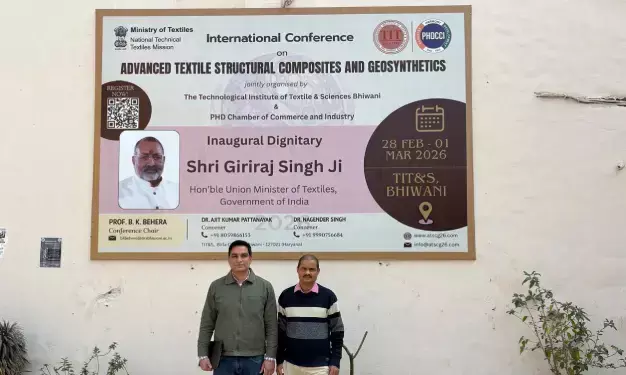Karnataka man pulled up by HC for asking maintenance from wife
Share :

High Court of Karnataka
In a major ruling, the Karnataka High Court on Tuesday held that a physically fit husband can't ask maintenance from his wife, as asking maintenance from the wife might result in lethargy.
Bengaluru: In a major ruling, the Karnataka High Court on Tuesday held that a physically fit husband can't ask maintenance from his wife, as asking maintenance from the wife might result in lethargy.
A single-judge bench of Justice M. Nagaprasanna has rejected the petition filed by the husband seeking maintenance and ordered him to provide Rs 10,000 per month to his wife.
"As per the Hindu Marriage Act's Section 24, there is a provision for husband and wife to submit a petition seeking maintenance from their partners. But, the petitioner husband has filed a petition seeking maintenance only to refuse to give it to her," the bench said.
"Under the pretext of unemployment, the husband wants to live on from the maintenance given by the wife. Unless it is proven that a husband is physically and mentally incapable, he can't ask for alimony from the wife," Justice Nagaprasanna said in his order.
It is the duty of the husband to earn money morally and take care of his wife and children, he added.
The wife had gone to her parents' house due to a difference of opinion in 2017, after the husband fought with her for her attending the birthday of her sister's son and they had grown apart.
The husband had filed a divorce petition before the Family Court. The wife had demanded Rs 25,000 alimony per month and the expenditure of the case. The husband, in turn, had told the court that he was unemployed for two years because of Covid pandemic and he didn't have any money.
He asked the court to provide him Rs 2 lakh compensation from the wife as she belongs to a rich family. The Family Court had rejected his petition and ordered him to provide Rs 10,000 alimony every month to his wife. He had then filed an appeal against the order in the High Court.







